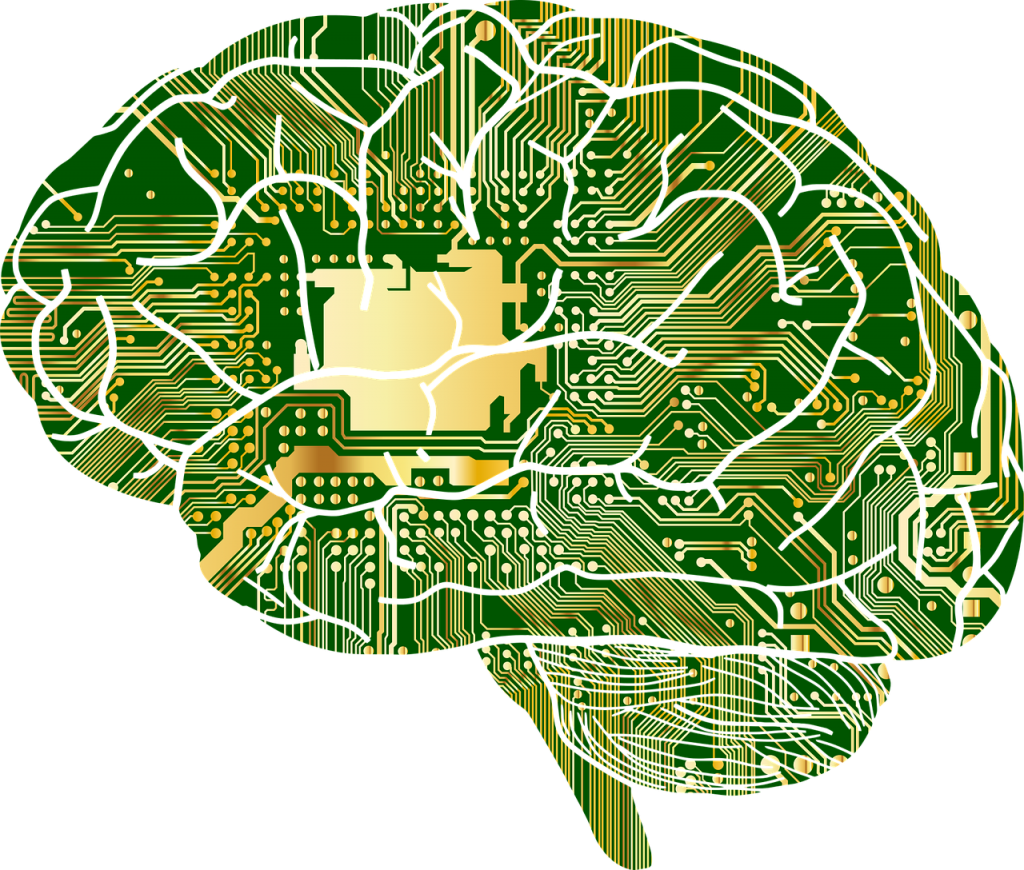
The articles by Snelling and Moen made me excited to embrace coding as a librarian. When I left teaching six years ago, a maker space was being installed in the library at the middle school where I worked. I never got to experience it, but I could see the potential that it had as it came together. Both articles reignited that interest, and I’m looking forward to including coding and 3D printing as part of my library curriculum.
In Snelling’s article, “Don’t Stress About Coding: Focus Shifts to Teaching Problem Solving Not Computer Skills,” I was heartened to see that there is a trend in moving away from teaching coding as a computer skill and more toward teaching coding as a critical thinking skill. I shared this line with my husband, who is a mechanical engineer and codes every day: “With this in mind, the focus of coding education is shifting from teaching the specific skill of coding to teaching computational thinking—or the ability to follow a step-by-step process to solve a problem” (Snelling, 2018). He exclaimed, “Yes!! It’s a way of thinking!” This is a much better way of teaching coding, as critical thinking skills are essential for everyone, regardless of their interest in computer literacy. Additionally, teaching problem solving skills as a basis for coding allows for people to fluidly transition from learning one programming language to another. “They may find that they have trouble moving from one to the other, but this is where a good grounding in computational thinking really pays off. They will recognize the concepts that translate across platforms, making an unfamiliar language more accessible. There are limitations within any language and learning to think computationally will help students work around those limitations” (Snelling, 2018). I’ve seen this with my husband, as different projects require him to learn C++ and MatLab, rather than his usual programming language of C#. Because he focuses on the nature of problem solving, he is able to easily see how one language relates to another, and make the switch after experimenting and playing around with the language.
In her article, “Computer Coding and Literacy: Librarians Lead the Connection,” Moen said, “computer coding helps develop critical thinking and problem-solving skills, and these are at the core of our professional mission: to help people understand how to solve problems using information effectively, which are skills that support people as lifelong learners” (Moen, 2016). I agree wholeheartedly. Programming languages and computer skills will change with technology, but problem solving skills will always be necessary. We need to teach students how to analyze a problem and think of various ways of developing and implementing a solution.
My Hour of Code turned into an Hour and a Half of Code, because I chose both “Harry Potter: Learn to Code and Make Magic” and “Professor Photon’s Color Conundrum.” The Harry Potter tutorial was based on blocks and was a true coding experience, though was disappointingly just a spoon feeding exercise. It showed me exactly what to click and exactly what to input, which is fine for beginning, but I was never given the opportunity to experiment on my own and test my new knowledge with a challenge. The Professor Photon game was a fun locked room mystery full of puzzles, codes, and interesting information about pixels, screens, binary numbers, light, color, and colorblindness. Both coding exercises were valuable in their own way, and it’s great to have such a huge list of coding exercises to be able to utilize in the future. As a former English teacher, I am thrilled that “the possibilities for librarians to collaborate with English and reading teachers using code are wide open and exciting” (Moen, 2016).
I’ll leave you with one last quote from Snelling that struck a chord with me: “Libraries also come without the academic stress of a traditional classroom, making them a perfect place for students to experiment with coding” {Snelling, 2018). This is absolutely true, and it makes me happy to be able to teach students and experiment with them with coding and other topics, in a no-pressure grade-free way that allows them to be able to take more risks and be more comfortable with making mistakes. After all, making mistakes is how we learn.
Moen, M. (2016, September 30). Computer coding and literacy: Librarians lead the connection. International Literacy Association. https://www.literacyworldwide.org/blog/literacy-now/2016/09/30/computer-coding-and-literacy-librarians-lead-the-connection
Snelling, J. (2018, April 3). Don’t stress about coding: Focus shifts to teaching problem solving not computer skills. School Library Journal. https://www.slj.com/?detailStory=dont-stress-coding-focus-shifts-teaching-problem-solving-not-computer-skills
I’m an ELA teacher too, Kristine, and I find it incredible that it’s so hard to get those who write our curriculum and approve our lesson plans to see the connection between the ability to create/follow a step-by-step plan (code!) and the English classroom. Do we not use “steps of the writing process” as a model? Do we not teach process writing itself? Do we not ask students to trace a character’s actions over the plot’s timeline? Progression, problem solving, process–it’s all there!
It’s pretty clear that these literacies are interconnected, and it would be a service to students to teach them that way.
– AnnaLisa
The quote you chose, “computer coding helps develop critical thinking and problem-solving skills, and these are at the core of our professional mission: to help people understand how to solve problems using information effectively, which are skills that support people as lifelong learners,” really stuck out to me because I think that’s probably the number one use for not just coding, but upper level math and science classes. We all wonder why we had to take algebra & trig, but aside from using that math in real life, it’s the critical thinking and problem-solving that are important!
Even as technology improves (which some people think makes learning higher level math less useful; you have programs and apps to do it!), I don’t think coding will completely replace math for a while, but I’m glad it’s a basic thing kids start learning in elementary school!